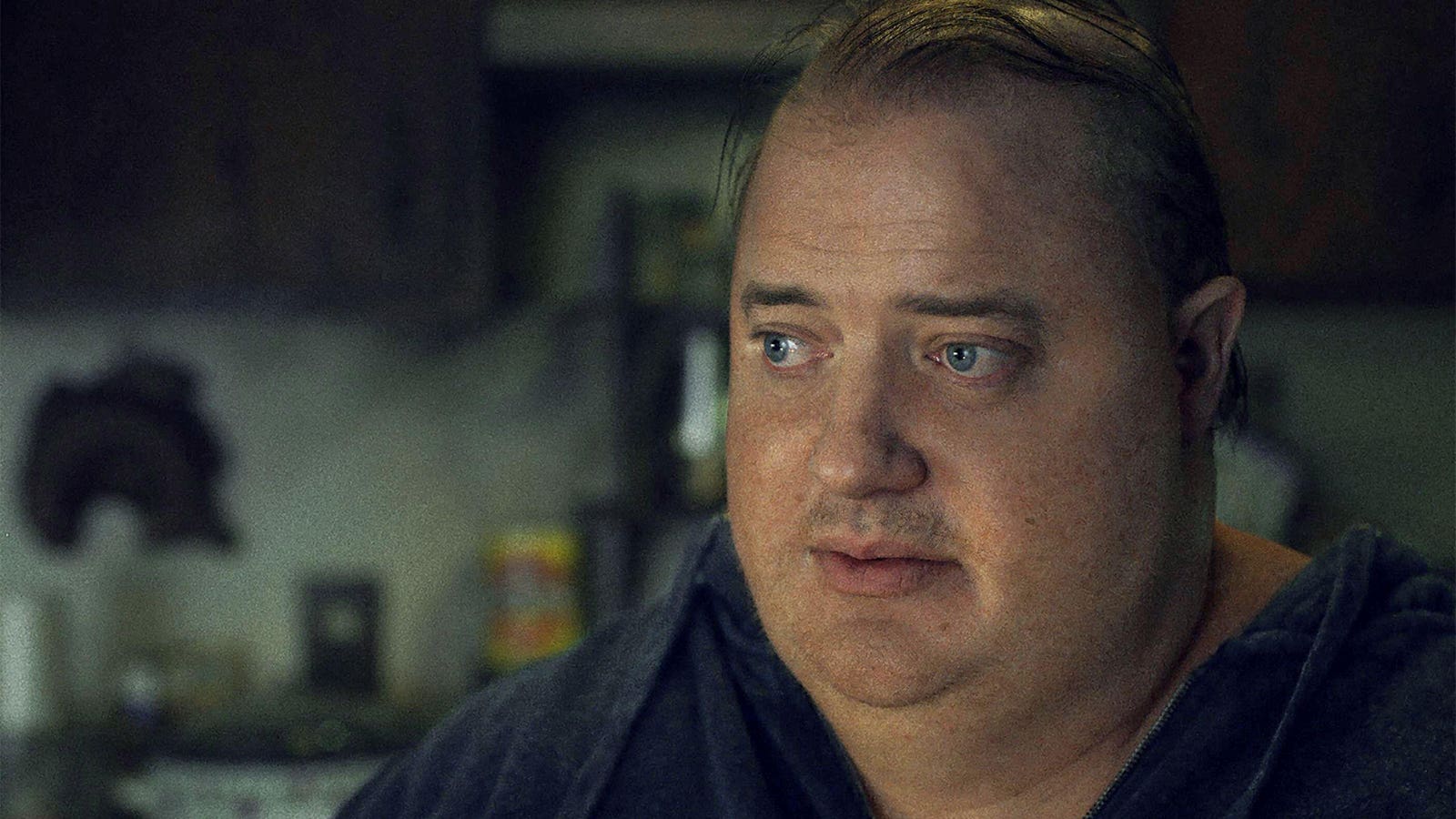
In a celebrity-packed California venue on an evening in the near future, actor Brendan Fraser may be celebrating his rejuvenated career when he walks pridefully down the red carpet. It would be an achievement just to be nominated for an Academy Award for the leading role in “The Whale,” as many speculate he will be. But, in our eyes, his greatest achievement is simply jumping on the opportunity to play the part.
“The Whale” is a redemption story of a grieving, gay man with obesity (among other health issues) trying to reconnect with his daughter before it’s too late. In his portrayal of the character, Charlie, and in his commentary about the film, Fraser acts as a champion and advocate for access to obesity care, speaking publicly in support of the millions of Americans who have been neglected the opportunity to improve their health following the diagnosis of obesity. Many celebrities have had opportunities to speak on behalf of obesity care, but none has spoken as passionately in recent years as Fraser. In recent interviews in Variety, Extra, and Good Morning America, he has demonstrated empathy and compassion for people with obesity, a disease that affects 42% of Americans.
Slowly and steadily the prevalence of obesity has crept along a persistent pathway of growth in both the U.S. and globally. Coupled with this rise in obesity is an increased incidence of diabetes, fatty liver disease, and a total of at least 200 associated conditions. Obesity is a disease in dire need of action.
Several aspects of the film may become — or have already become — topics of controversy in the news and on social media: how the story is told; the choice of an actor who is not 600 pounds; the experiences of the character; how he is portrayed; and the use of prosthetics. Most controversial may be the extreme behavioral eating issue, which the character demonstrates in a disturbing fashion. However, what should not be controversial are both the actor’s performance on the screen and his behavior off the screen.
Mounting evidence supports multiple complex causes that contradict the dogmatic believe that obesity is a self-inflicted condition that can be controlled by people with a strong executive function. It has been demonstrated by the scientific community that eating less and moving more has a small chance of resulting in a significant amount of weight loss in most people. Instead, science supports strong genetic and epigenetic controls that dictate who will acquire obesity as a disease in response to our worsening obesogenic environment; one full of sugar, excessive carbohydrates, oils, and highly processed food-substances.
It is the stigma of obesity that causes people to deny its presence and governments to avoid preventing and treating it. As the cost of food-related health issues rises, President Biden chose to hold a White House meeting on the topic of hunger but mostly neglected obesity in the meeting and in his National Strategy. The Treat and Reduce Obesity Act (TROA), which would expand Medicare to cover evidence-based obesity treatments, has been introduced in Congress year after year for the past decade. As we near the end of this Congress, TROA looks as if it will, yet again, die without consideration.
For patients who have chosen to seek care for their obesity, we have successful treatments. Bariatric surgery has placed diabetes in remission for many and reduced weight consistently more than any other treatment. Unfortunately, those who seek out obesity treatments are often met with insurance that will not cover the treatment, or daunting and discouraging criteria to fulfill, tests to take, and months of waiting.
In the recent Variety interview promoting “The Whale,” Fraser summed it up well in saying that people who live with obesity often find themselves in an “unfair limbo” when seeking lifesaving treatments like bariatric surgery, where they must lose weight to gain insurance approval.
In developing the complex character of Charlie in his new film, Fraser researched the part thoroughly, interviewing patients who have obesity, patients who successfully treated their obesity, psychologists who treat patients with obesity, and advocates who dare to fight for a cause that has been stigmatized and ignored. Their stories must have made quite an impact on him both in his character’s development and personally. Fraser is daring to speak up publicly concerning the stigma, discrimination, and injustice surrounding obesity and those trying to treat their obesity.
When the Academy of Motion Picture Arts and Sciences chooses its best actor in March, Fraser’s name may or may not be called, but he will have already won a major victory in support of those advocating for the treatment of obesity.
Neil Floch MD, is director of Bariatric Surgery at Norwalk Hospital, and affiliated with Nuvance Health System in Connecticut. Michelle Vicari is immediate past chair of the Obesity Action Coalition. Vicari was interviewed by Fraser while he did research for his part in “The Whale.”
Disclosures
Floch is a consultant for Ethicon Endosurgery, Gelesis, Novo Nordisk, and Mediflix.







